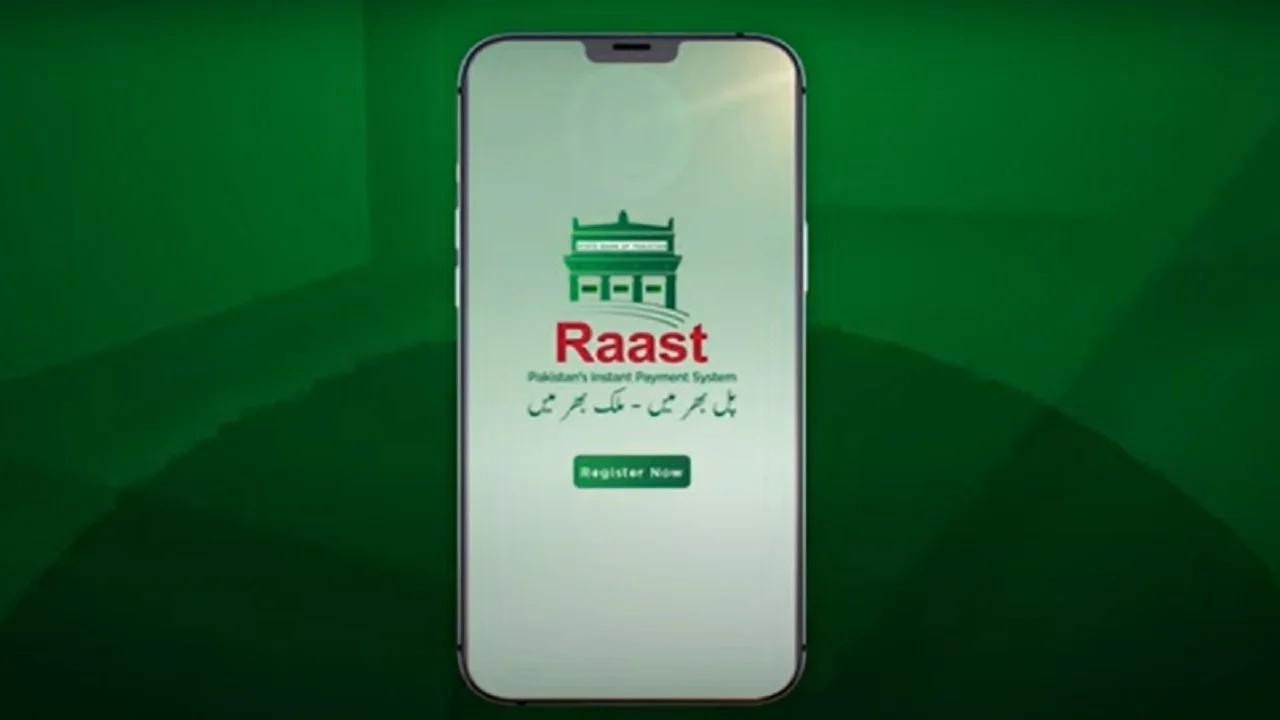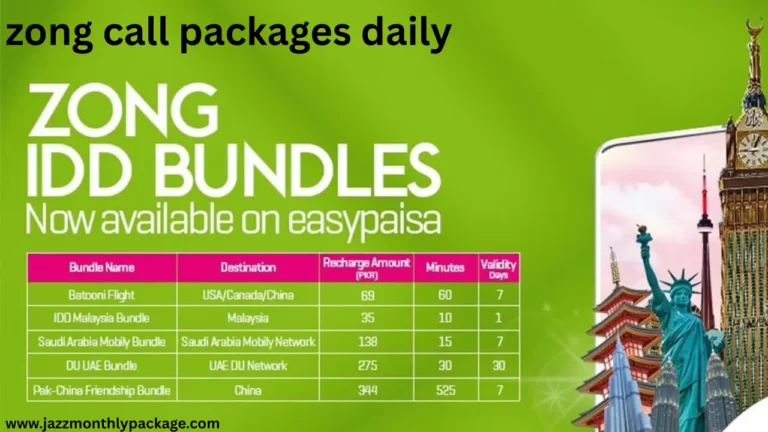Pakistan’s NADRA Adopts Raast Payment System for Better Service
Pakistan’s National Database and Registration Authority has taken a major step toward digital transformation. NADRA now accepts service fee payments through Raast, the country’s instant digital payment system. This integration promises to make government services more accessible and affordable for millions of citizens.
How the New System Works
Citizens can now pay NADRA fees instantly through the Raast platform. The system works for both in-person applications at NADRA offices and online submissions through the Pak ID mobile app. Payments process in real-time without any additional service charges. This direct transfer method eliminates the need for third-party payment processors.
The integration connects directly to users’ bank accounts through Raast. Applicants simply select Raast as their payment method when applying for services. The system then processes the exact fee amount without hidden costs. Transactions complete within seconds, providing immediate confirmation to both NADRA and applicants.
Solving Long-Standing Payment Issues
Previously, citizens relied on e-Sahulat outlets, Easypaisa, and JazzCash for NADRA payments. These platforms often created problems for users. People complained about unauthorized charges and additional fees. Service delays frustrated applicants who needed urgent document processing. Some areas lacked convenient payment locations entirely.
The Raast integration addresses these challenges directly. Citizens no longer depend on physical payment locations or agents. The system prevents overcharging since fees transfer directly between accounts. Real-time processing eliminates delays that previously slowed document applications. Rural residents especially benefit from increased payment accessibility.
Supporting Pakistan’s Digital Economy
NADRA’s adoption of Raast advances Pakistan’s broader digital transformation goals. The State Bank of Pakistan launched Raast in 2021 to promote cashless transactions. The platform enables instant, secure transfers between different financial institutions at no cost. Government adoption encourages wider public acceptance of digital payment systems.
This integration could inspire other government departments to follow NADRA’s example. Widespread Raast adoption would reduce corruption opportunities in public services. Digital payments create transparent transaction records for better accountability. The shift away from cash handling improves efficiency across government operations.
User Benefits and Reactions
Citizens have welcomed the new payment option enthusiastically. Urban residents appreciate the convenience of instant payments from their phones. Rural users no longer travel long distances to find payment centers. The elimination of extra fees saves money for all applicants.
Muhammad Arif, a Karachi resident, shared his positive experience with the new system. He previously waited in long lines and paid extra fees at local shops. Now he completes payments instantly from his bank account. The time and money savings make a real difference for working families.
Technical Implementation and Security
The Raast platform provides robust security features for financial transactions. End-to-end encryption protects user data during transfers. The system links directly to Pakistan’s banking infrastructure for maximum reliability. NADRA maintains strict data protection standards throughout the payment process.
Integration required careful coordination between NADRA and the State Bank. Technical teams ensured seamless connectivity between existing NADRA systems and Raast. The platform underwent extensive testing before public launch. Ongoing monitoring ensures consistent service quality for all users.
Future Implications
NADRA’s Raast integration marks a significant milestone in government service delivery. The success could accelerate digital payment adoption across Pakistan’s public sector. More departments may integrate Raast to improve citizen services. The cumulative effect would transform how Pakistanis interact with government agencies.
Financial inclusion remains a key goal for Pakistan’s economic development. Raast integration helps bring more citizens into the formal banking system. Digital payments create financial histories that enable access to credit and other services. The long-term benefits extend beyond simple payment convenience to broader economic participation.







